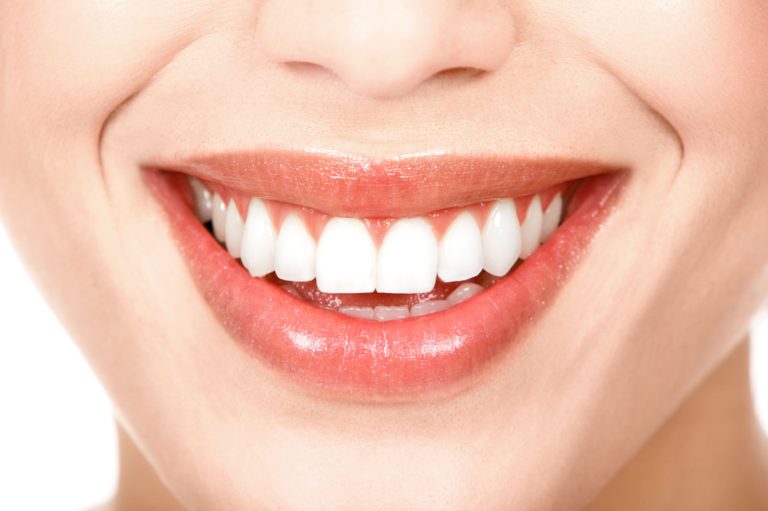
General dentists prevent, evaluate, diagnose, and treat diseases of the oral cavity, as well as maintain the function and appearance of the teeth. Many oral diseases and abnormalities can indicate other diseases. A general dentist may refer patients to their physician or a specialist for further evaluation, or vice versa for treatment.

Dental Hygiene
Protecting your teeth and gums with optimal dental hygiene is the most effective way to great, long-term oral health.
Good dental hygiene is important to keep your mouth, teeth and gums healthy. Regular oral care at home and at the practice can reduce the risk of tooth decay, cavities and gum disease as well as maintaining your natural smile.
Dental hygiene at the practice
At the Dental Paradise, when it comes to looking after our patient’s teeth, we think that prevention is better than cure. Periodic in-practice care and regular hygienist appointments are a great way to keep your teeth and gums healthy as well as enhancing your smile.
A dental check-up, every six months or so, allows your dentist to identify and treat early signs of tooth decay or damage.
Hygiene cleaning is an effective way to remove plaque and tartar build-up as well as bacteria that can accumulate in hard to reach areas of the mouth.
Your dentist and hygienist will also be happy to advise you on how to take care of your teeth at home with an optimal daily oral-health routine.
Protecting your teeth and gums with optimal dental hygiene is the most effective way to great, long-term oral health.
Good dental hygiene is important to keep your mouth, teeth and gums healthy. Regular oral care at home and at the practice can reduce the risk of tooth decay, cavities and gum disease as well as maintaining your natural smile.
Dental hygiene at the practice
At the Dental Paradise, when it comes to looking after our patient’s teeth, we think that prevention is better than cure. Periodic in-practice care and regular hygienist appointments are a great way to keep your teeth and gums healthy as well as enhancing your smile.
A dental check-up, every six months or so, allows your dentist to identify and treat early signs of tooth decay or damage.
Hygiene cleaning is an effective way to remove plaque and tartar build-up as well as bacteria that can accumulate in hard to reach areas of the mouth.
Your dentist and hygienist will also be happy to advise you on how to take care of your teeth at home with an optimal daily oral-health routine.
At-home dental hygiene
Taking care of your teeth and gums every day at home can reduce the risk of dental problems and optimise your oral health.
We recommend brushing your teeth for at least two minutes in the morning and two minutes at bedtime, using fluoride toothpaste. It is also advisable to change your toothbrush every 3 months or so, to reduce bacteria build-up and ensure effective cleaning.
Flossing once a day can dislodge small particles between teeth and rinsing your mouth with an antiseptic mouthwash is a good way to reduce bacteria in your mouth.
Reducing the risk of dental issues
In addition to good dental hygiene at home and regular check-ups at the dentist, healthy lifestyle choices can reduce gum disease and tooth decay as well as improving the visual appearance of your teeth. We recommend:
- Eating a balanced diet
- Taking regular exercise
- Cutting down or stopping smoking
- Reducing the consumption of high sugar food and drinks



